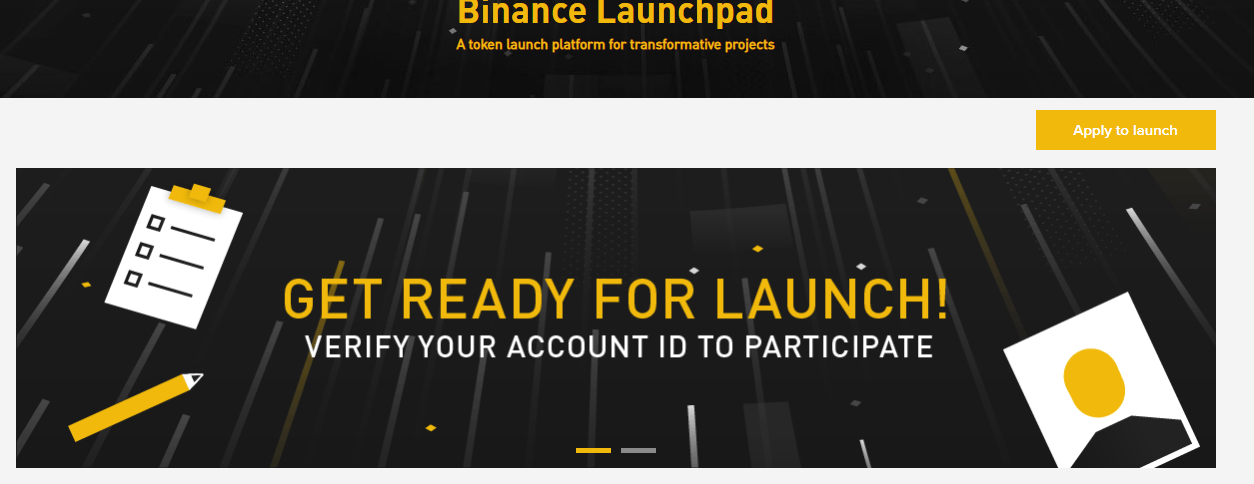
Rogue ICOs have savaged a market that has now matured to a point where steady, logic-led investment is now more likely than FOMO and FUD fluctuations. Bringing the token sale market up to standard offers potential to breathe life into a new wave of ICOs.
Projects unable to deliver on the hype have contributed, too. A report by global professional services firm Ernst & Young reveals 402 out of 564 projects that raised a collective $8.2 billion in 2017 have since seen their value drop to just $2.2 billion.
This means a staggering $6 billion loss in market cap against actual cash paid to development teams and this has had a knock-on effect; ICOs dumped nearly 100,000 ETH in the summer over fears that crypto markets would not be recovering anytime soon.
So the track record for such projects, as we approach the merciful end of a long summer for cryptos and head irresistibly towards 2019, has not been exactly stellar so far. It is no surprise retail investors are choosing to hold on to their cash.
Allow the market to evolve
This isn’t 2017 anymore: startups should seriously consider whether they want to be throwing valuable capital into developing an ICO platform. Smart money right now is going to any number of crowdsale software solutions.
What it offers these projects is a way to inexpensively launch a token sale in a matter of days. Removing overinvestment into preparing an ICO will be a healthy move for the markets and also allow companies to focus on their product.
A host of options exist on the market, among them LexICO and Polymath, each with a focus on ERC-20 and security tokens respectively.
Polymath is the granddaddy of token launch platforms having been one of the first to enter the space. You can only pay with its native POLY token, but the platform makes up for that with great functionality and a really nice KYC backend integration. It only deals in security token launches to a standard it has created, named ST-20.
Slightly more familiar and the standard associated with most altcoins is ERC-20 on the Ethereum blockchain. LexICO offers its own ERC-20 compliant token, as an offshoot to the LEXIT platform, which bills itself as an online mergers and acquisitions marketplace that is fuelled by the LXT token.
The reason to use LXT to pay for LexICO services is that it confers substantial discounts, LEXIT says, and its platform provides a full solution for launching ICOs, airdrop and bounty campaigns. More to the point, it poses to make the KYC process more robust and accessible.
It’s far more difficult to fundraise through an ICO than it was several months ago. Expect a shift from startups developing or contracting out to build an ICO platform; it makes good financial sense to do it quickly and professionally on a token sale platform with a user interface.
Further to this, launching from a crowdsale platform adds a layer of credibility – each project will complete an application process – and can hopefully work to raise the standard of token sales. It is doubtful that the level of fraudulent ICOs will again be anywhere near the reported 80% scam rate from 2017, but removing them altogether could prove crucial to restoring faith in the market.






